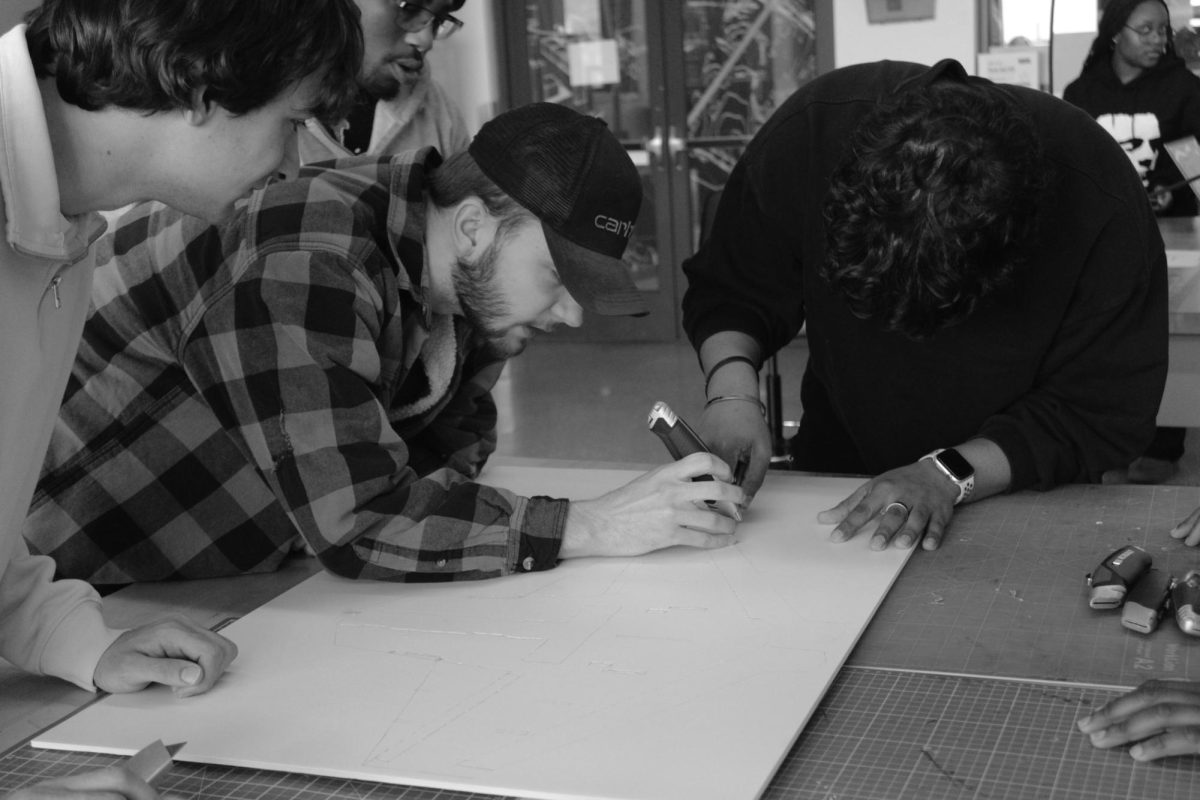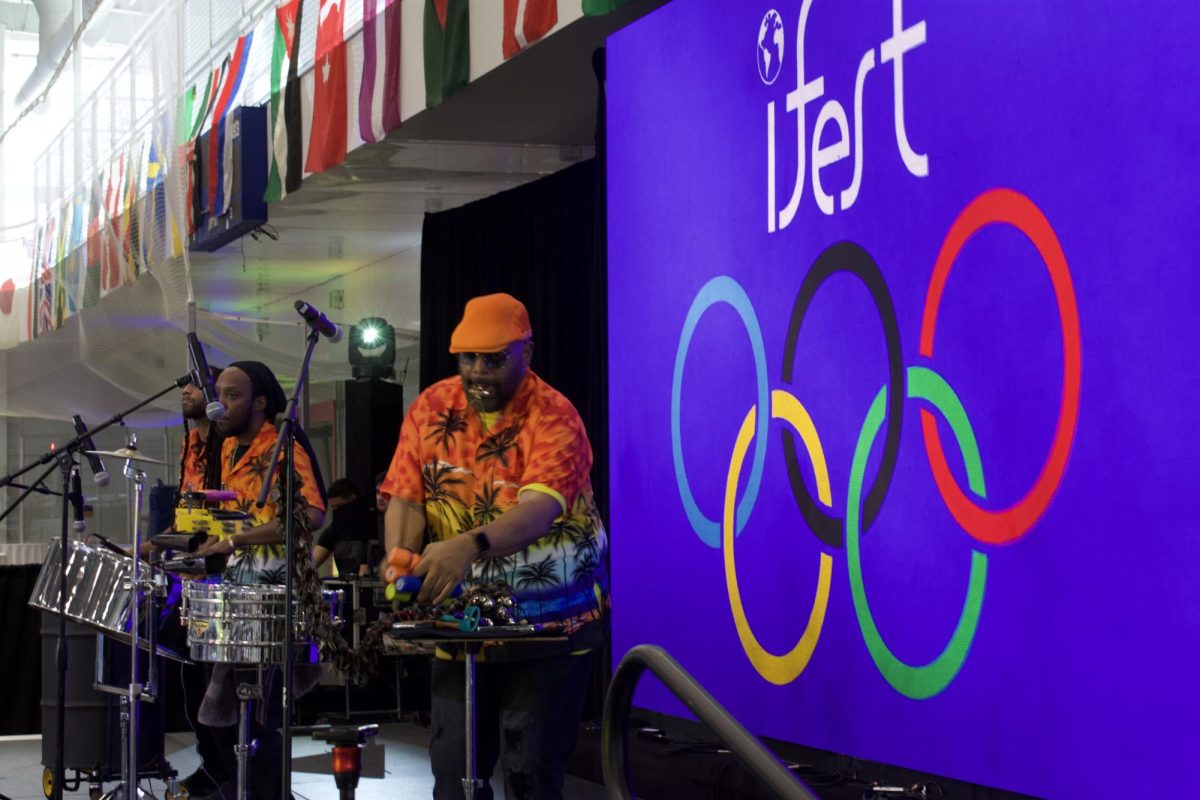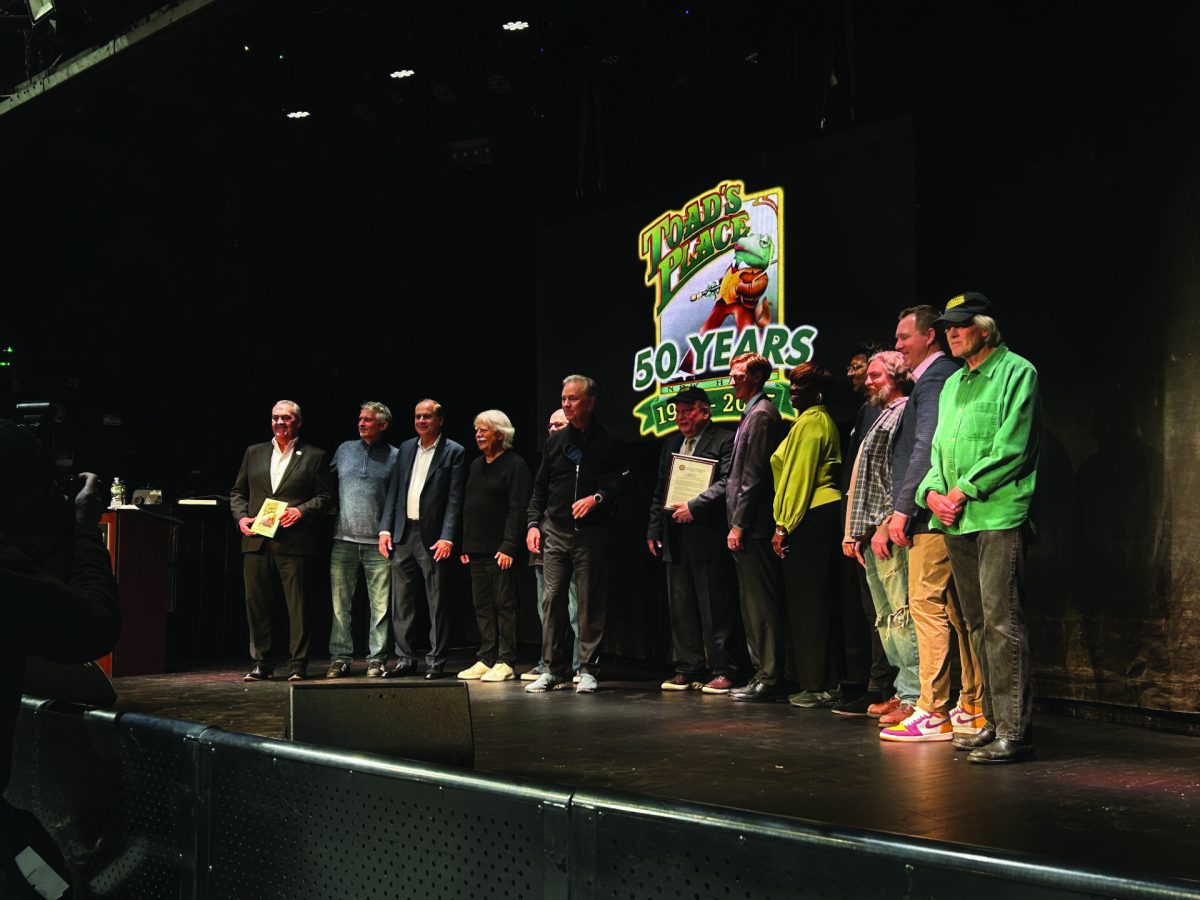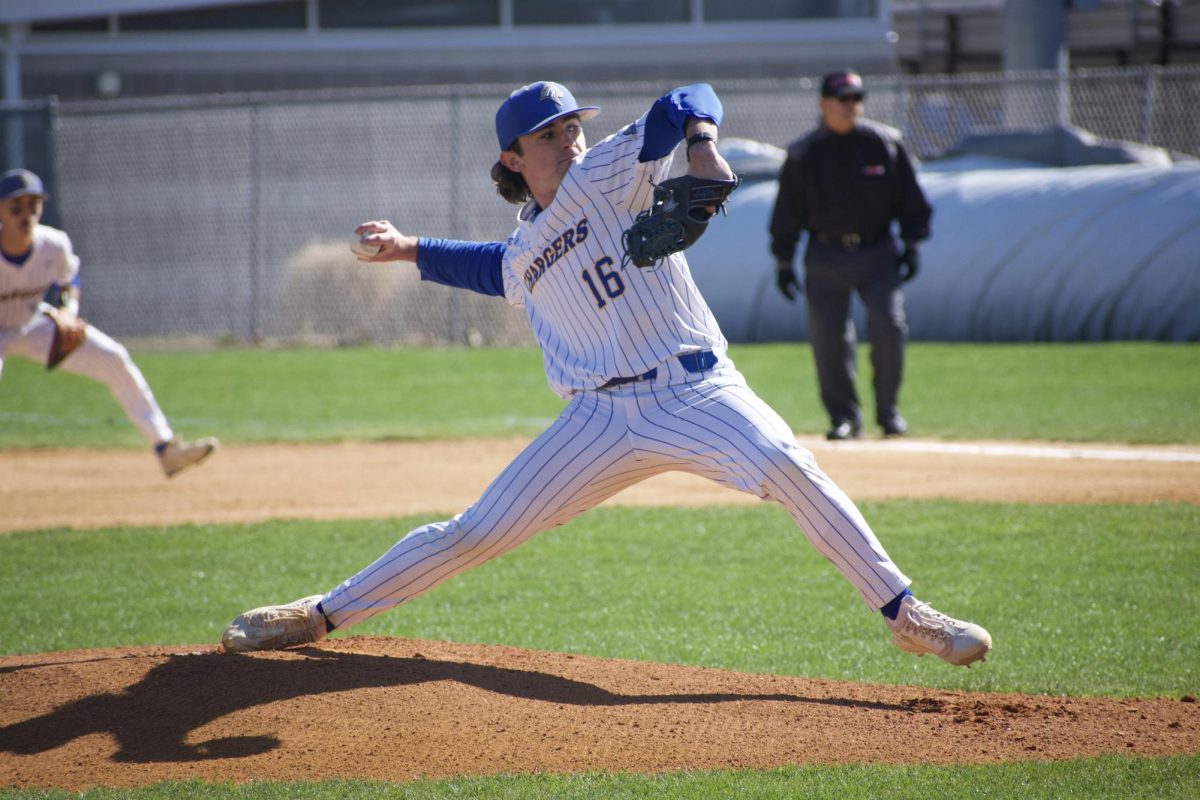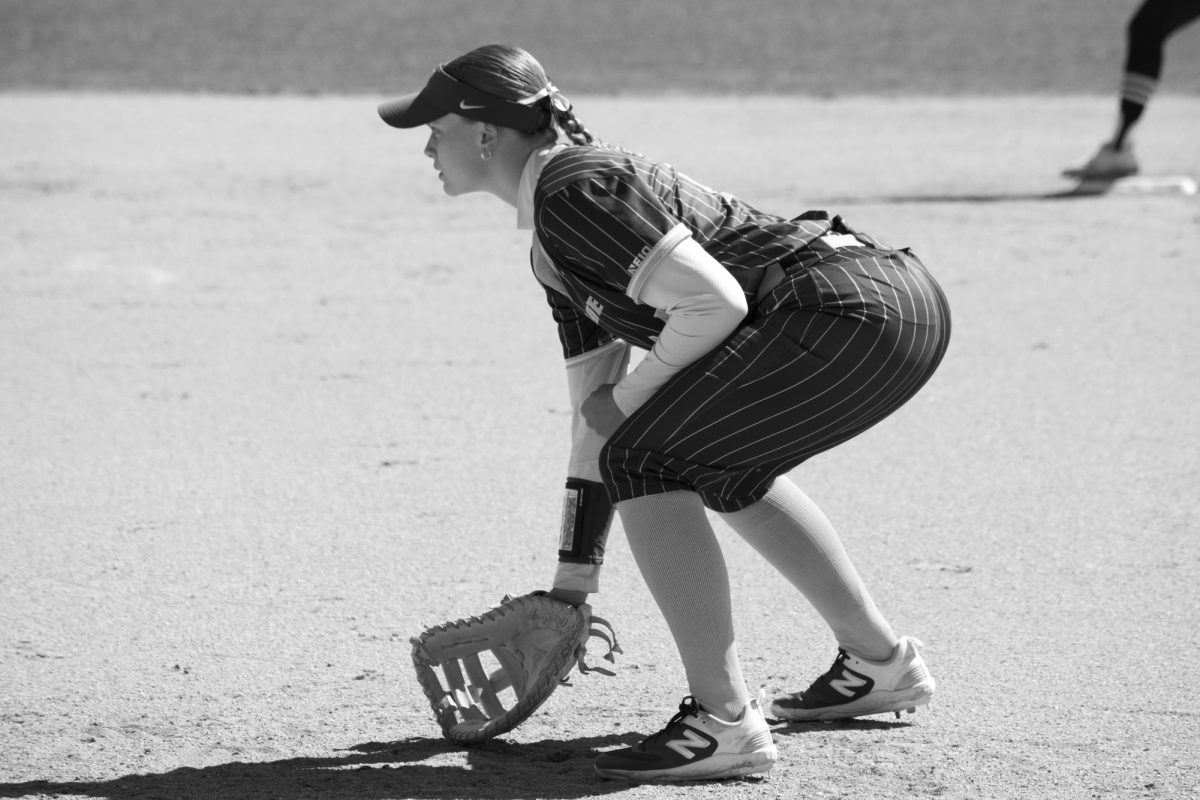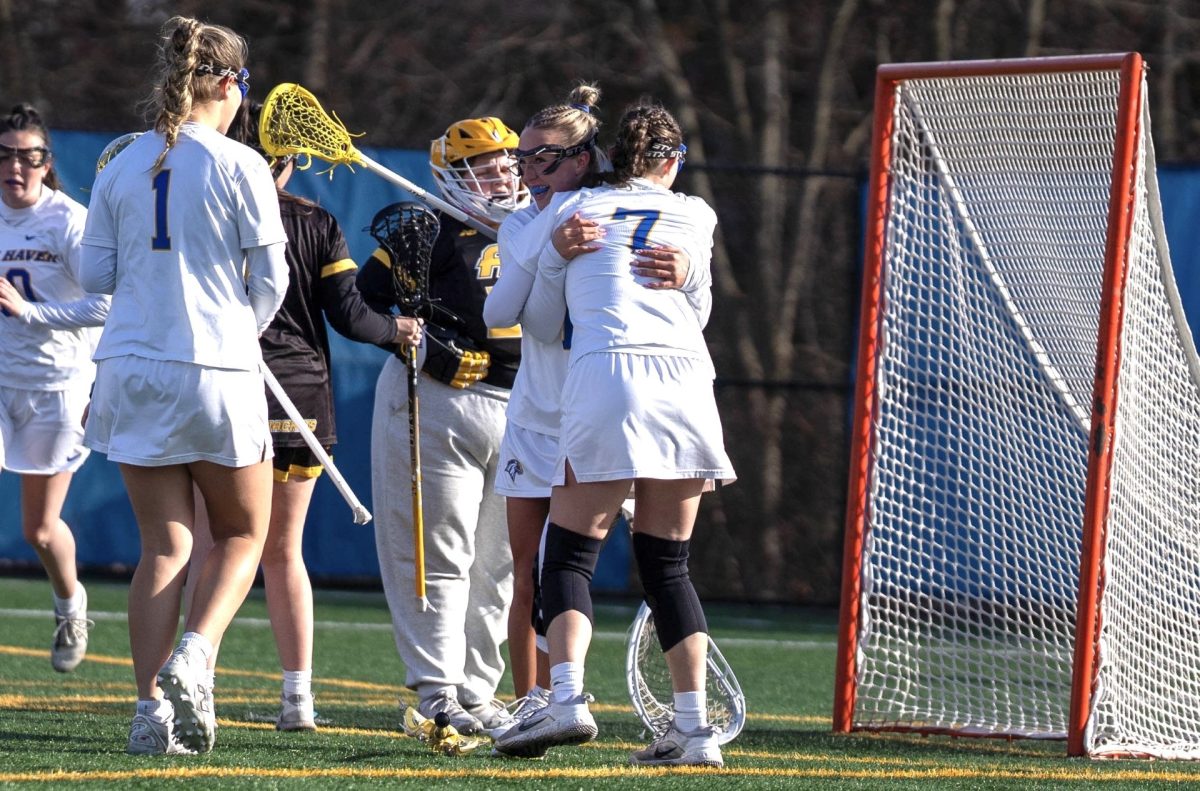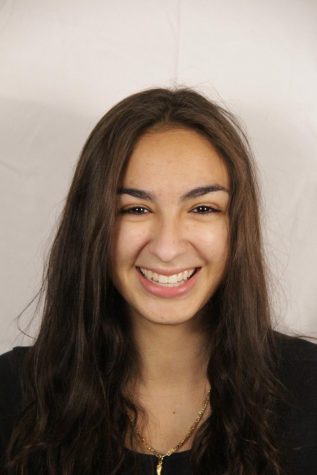Henry C. Lee’s institute has become the backbone of the university’s nationally recognized forensics program, but 25 years following the opening of the college, Lee’s name has been in circulation for more concerned matters on one of his previous cases.
In December of 1985, Lee stead handed a case which ruled 17-year-old Shawn Henning and 18-year-old Ralph Birch guilty of Everett Carr’s murder. His team provided forensic analysis of the scene, including the discovery of blood on a towel in the home where the crime took place.
A recent lawsuit, however, says that there was no blood on this towel, and that Lee never actually ran confirmatory tests on the alleged bloodstain.
The evidence was stored for over 20 years before being put through a series of corroborative blood tests, all for which it came back negative. In a statement, Lee justified these results by saying that “it is not unusual for biodegradation, decomposition, or denaturation to occur” in biological evidence over time.
The complete lawsuit was filed against Lee, eight police officers and the town of Milford, and not only concluded Lee liable for the fabrication of evidence, but that all of the defendants could have reasonably hid evidence that would have aided the two boys in their case.
The murder convictions exonerated in 2019, making way for a new case trial to be opened in addition to the wrongful conviction suit against the aforementioned list of defendants.
Lee was contacted by the Bulletin following the conviction on July 22.
In a formal statement released on July 26, it was shared that the CT Attorney General’s Office is appealing to the decision made by the court.
Lee was asked whether he has concerns about the reputation of his institute or of the university on the whole, to which he said that “it has nothing to do with the University of New Haven, or the Henry Lee Institute of Forensic Science” and that “in contrast, I have received tens of thousands of messages from students, alums, faculty and the public showing their strong support and trust.”
Lee continued in saying that “many of [the people in the university community] think the court ruling was without a forensic basis and logical reasons” and on the ruling, “the court took a quantum leap to make such a decision.”
Lee was also given the opportunity to provide a message to the students at the Henry C. Lee College of Criminal Justice and Forensic Science. “I want to thank them for their support,” Lee said. “This is a living example for Forensic and CJ students on how to protect yourself when you are wrongfully accused by a court and tested by news media.”
Multiple members of the forensics department did not respond to or declined requests to comment.
Instead, the media relations team at the University of New Haven replied with a statement on behalf of the university. They said that “throughout his long career, Dr. Lee has earned the respect of law enforcement, forensic science, and public service professionals, and the University is grateful for all he has done for our students.”
They also said the investigation is conducted around activities separate from Lee’s roles and duties at the university as an employee, and in response to the trial, “the University is committed to the pursuit of justice and due process. Out of respect for the legal process and those involved, the University will have no further comment on the current legal proceedings.”
Students have taken to social media to voice their desires for answers, with some even saying that some degree of tuition refunds should be considered for students pursuing degrees in forensic science and criminal justice. One former student has even posted that she is “glad [she] already got a job.”
As Lee and his legal team have appealed this ruling, updates will be provided accordingly.



